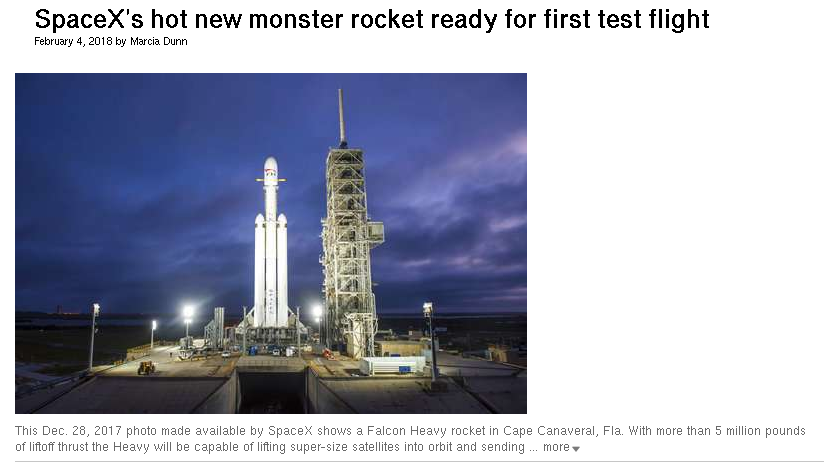It's basically Peter Thiel's "government is customer #1" thing, paired up with some halfway decent personal branding.
Like you've got:
- Tesla, which sells luxury goods under a tax incentive. Most analysts predict Tesla sales are going to tank hard when the EV tax credit goes away. (Luxury goods are highly price elastic so this wouldn't be surprising.)
- SolarCity, which sold renewable energy technology under a tax incentive. More or less a luxury good, same problem as above.
- SpaceX, which sells orbital rockets principally to the US federal government. Previously these were supplied by a monopoly at wildly inflated prices. Breaking into this market required a lot of work and a literal lawsuit against the US government, so I don't mean to minimize the accomplishment by saying this, but Boeing's prices are sooooo high that it'd be almost impossible not to make a fortune on this, even while severely undercutting the competition.
- Untitled hyperloop venture, state transportation infrastructure. US infrastructure construction costs are obscene, just totally and wildly out of step with the rest of the world. Nobody knows why, but whatever pet theory you have is wrong. It just is. Anyway, if you can somehow deliver surface rail infrastructure at a lower price than existing US infrastructure builders, and I somehow suspect this would be easy unless you chose to make it difficult, you'd clean up in that market.
- Boring, municipal transportation infrastructure. Same as above, except tunneling in the US is in a much worse state than surface rail, even as a factor of costs as compared to all other countries.
What I find really interesting is Musk's access and willingness to throw these incredibly massive amounts of capital at these enterprises. I mean real capital. Not software, not cash, I mean he's hauling around steel and huge-ass drills. Well, cash too, I guess. These are all incredibly obvious market opportunities, but they're also damn intimidating. I'd bet even most billionaires don't think they'd be able to crack these nuts, despite being the only people with the resources to do so.
At the same time, the Lord giveth, the Lord taketh away: EV tax incentive threatened recently but saved. Renewable subsidy threatened recently but saved. Orbital launch market required lawsuit, only a matter of time before Boeing bribes their way back in. Hyperloop, positioned against moneyed and labor intensive competitors, requires government permission. Boring, bidding against politically connected, regionally tied firms.
This sort of strategy worked fine for companies like Boeing, Lockheed, and Raytheon, but it's also scary. Those companies built themselves up quite early as these faceless evil megacorporations. Musk's companies are... Musk. If he, personally, gets on some pol's ****list, all of his companies are toast. Given that the US government is kinda... um, mercurial, especially about EVs and renewable energy, but increasingly in a more general sense, it seems quite risky. Last year it looked like the GOP was going to cut EV and renewable incentives right up until the very end, whole lotta clenching going on. Make no mistake, that's an existential threat to Tesla. It's hard to think it's not just a matter of time until the US government brings it all down.



